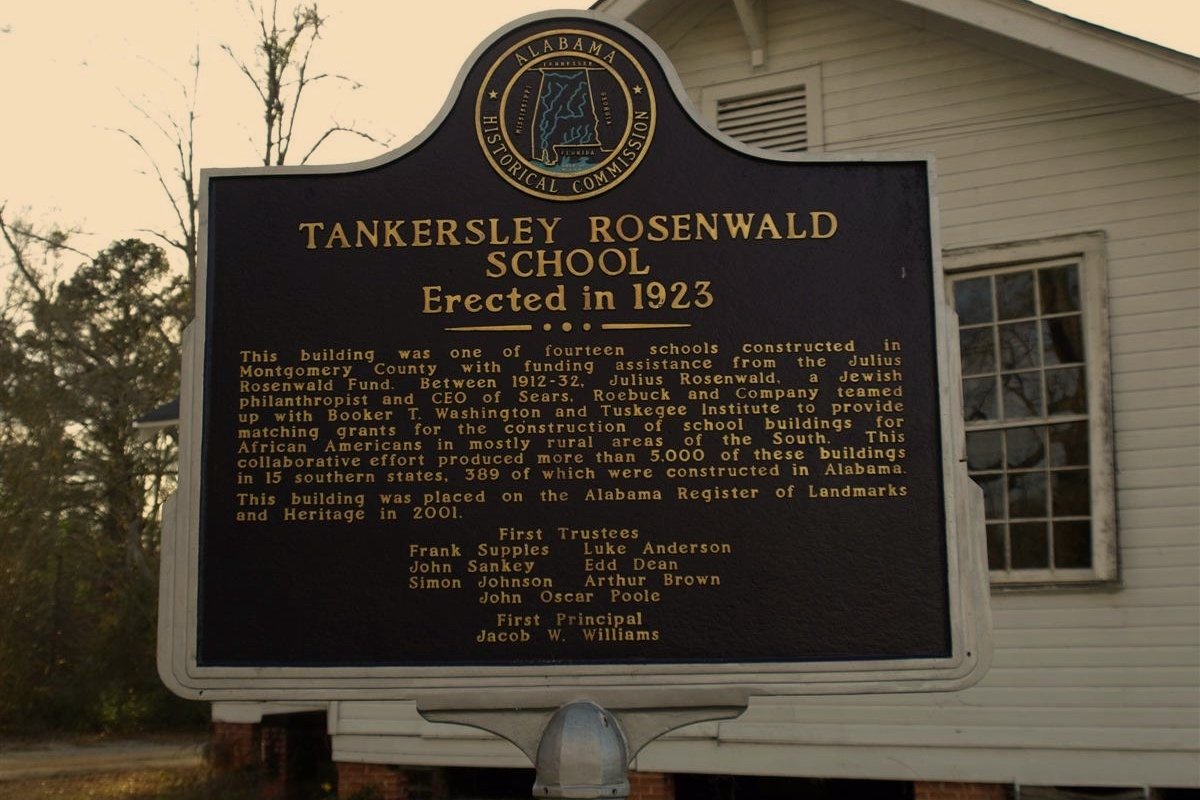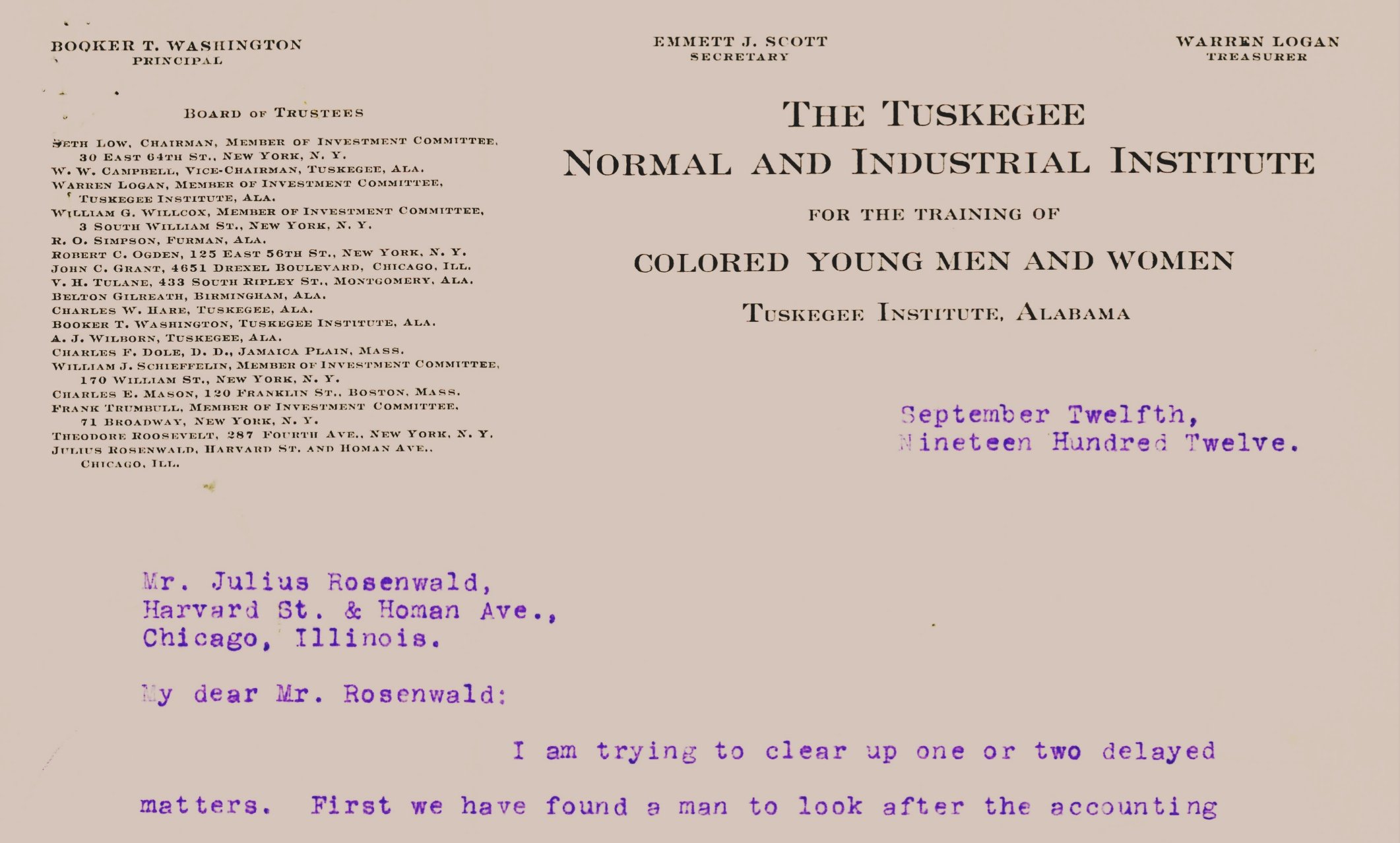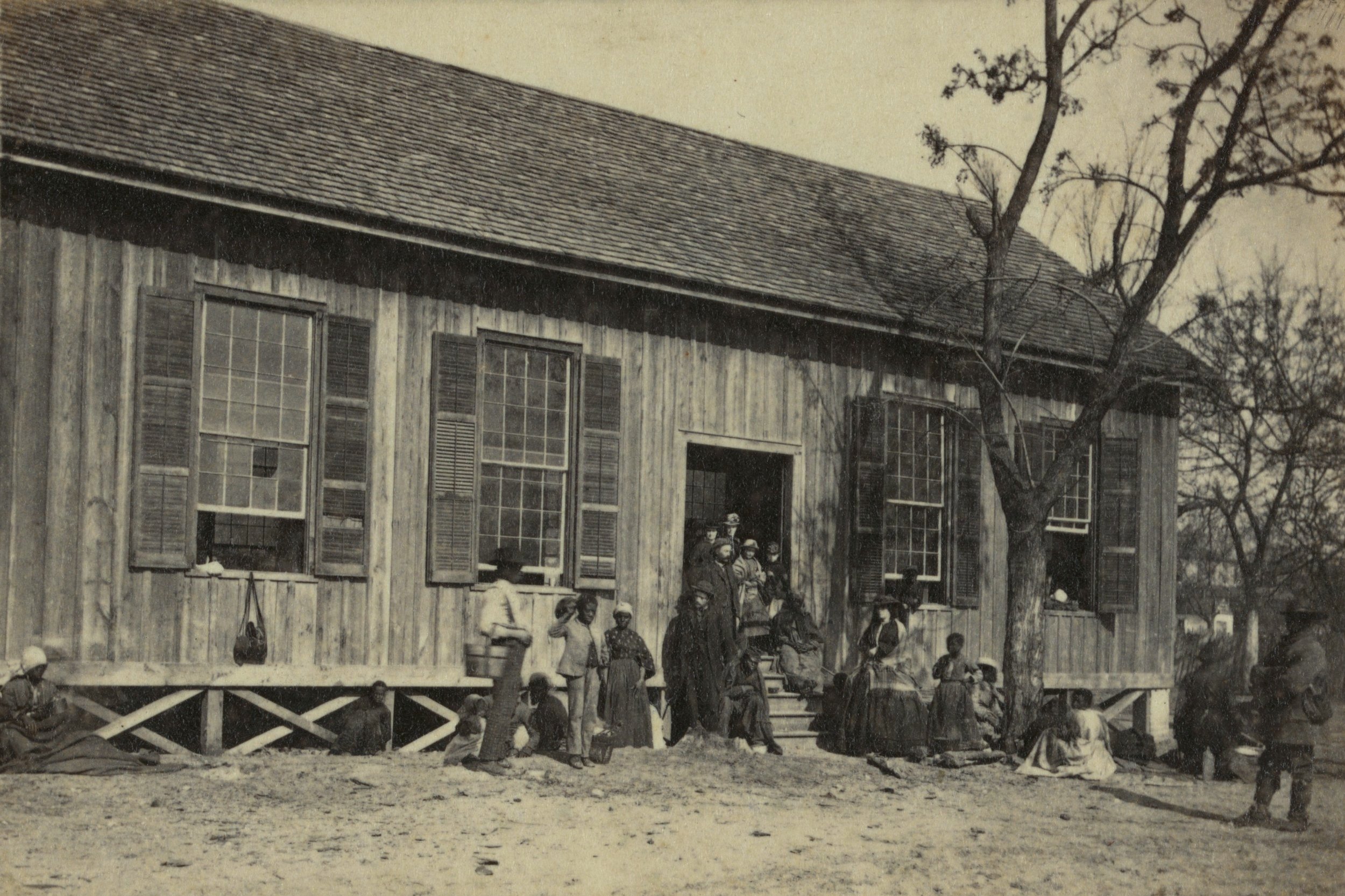Black Education in the South
Exploring the Politics of Black Schooling in the Pre-Civil Rights American South
Research Leads: Ismail White, Corrine McConnaughy, & Susanne Schwarz



In this early-stage project, we seek to understand the politics of black education in the South prior to the Civil Rights era. Under the Jim Crow doctrine, governments were typically reluctant to extend public goods and services to African-American communities. Yet, in the early 1900s, Southern states began to increase spending on education for both white and black communities. And many Jim Crow governments partnered with Northern Philanthropists to expand access to education in rural black communities. Indeed, in cooperation with the Julius Rosenwald Fund, more than 5,000 new schools for African Americans were constructed across the South between 1915 and 1935.
In this project, we investigate the racial and political dynamics of education policy in the South prior to the Civil Rights era more closely. Why did Jim Crow governments expand black schooling in the early 1900s? How did macro-level trends such as the Great Migration impact public goods provision (including education) for black communities in the South? And what role did Northern philanthropists play in these political processes?
To answer these questions, we have started to collect county-level data on public schooling and educational spending for a number of Southern states from historical reports that were typically issued annually by the State Superintendents of Education. To better understand the role of philanthropic organizations in Southern education policy, we have also spent extensive time in the archival collection of the Rosenwald Fund at Fisk University in Nashville, Tennessee.

